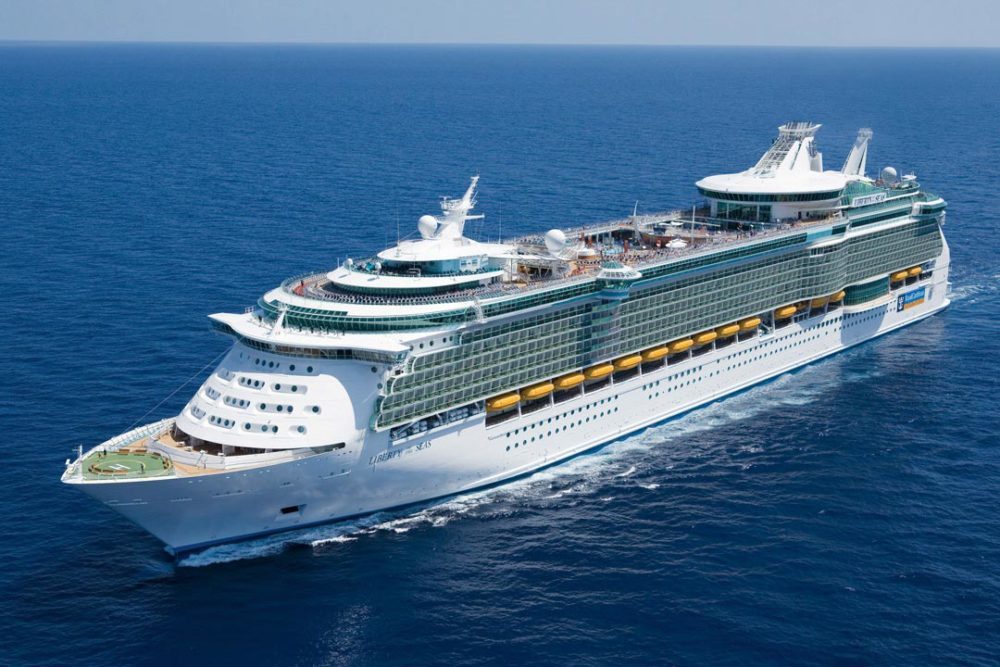An archaic U.S. law known as The Jones Act, is coming into play as Canada just announced their ban on any cruise ships stopping at Canadian ports or traveling through Canadian waters until after February 28, 2022. At first glance, you wouldn’t think this could affect an Alaskan cruise leaving from and returning to Seattle, but it is just not that simple. As part of The Merchant Marine Act of 1920 (yes, over 100 years ago) Section 27 known as The Jones Act prohibits “foreign flagged ships” from leaving from and returning to a U.S. port without stopping in a foreign country first. Now you know why all Alaskan cruises either start from a Canadian port such as Vancouver, or visits a Canadian port during their journey.
This law when written was designed to protect U.S. owned ships (and protect U.S. jobs) but has become obsolete over the years as 99% of cruise ships are registered in other countries. Norewegian Cruise Line has one ship, Pride of America, that is registered as a U.S. flagged ship since it makes round trips through Hawaiian islands and never visits a foreign port. All other cruise lines choose to have their ships registered in other countries mainly to avoid higher taxes, and have less stringent regulations. Known as a “flag of convienience” most cruisers have no idea where their cruise ship has been registered. This system has worked well for many years, as the cruise companies don’t have to fight the Jones Act as they just find ways to visit foregin countries on each itinerary before returning to a U.S. port. That system just changed.
As Canada continues to tighten up their travel restrictions, their government is trying to discourage non-essential travel to and from their country. Recently, Canada has restricted international air travel down to only four Canadian airports. They have also announced that travelers arriving in Canada will have to quarantine in a hotel (of Canadian government choosing) for at least three days until a negative COVID-19 test is returned. This process could set those travelers back an estimated $2,000. for the test and hotel stay. It only stands to reason that Canada would now ban cruise ships with all of the other restrictions in place.
The only hope now for cruise companies and their passengers is for the U.S. government and it’s administration to step in and either place a moratorium on The Jones Act for the next year or change the Act altogether. By allowing the cruise companies to continue with the Alaskan cruise season, and not requiring a stop in Canada the U.S. travel industry affected by cancellations could recapture literally billions of dollars of potentially missed revenue. A moratorium has been placed on the Jones Act before, although for emergency supplies headed to Puerto Rico after hurricane damage. That short-lived moratorium allowed non-U.S. ships to carry supplies from other U.S. ports straight to Puerto Rico without the added expense of stopping elsewhere on their journey. This not only saved money on the shipping costs, but sped the delivery of the much needed supplies to the decimated island.






